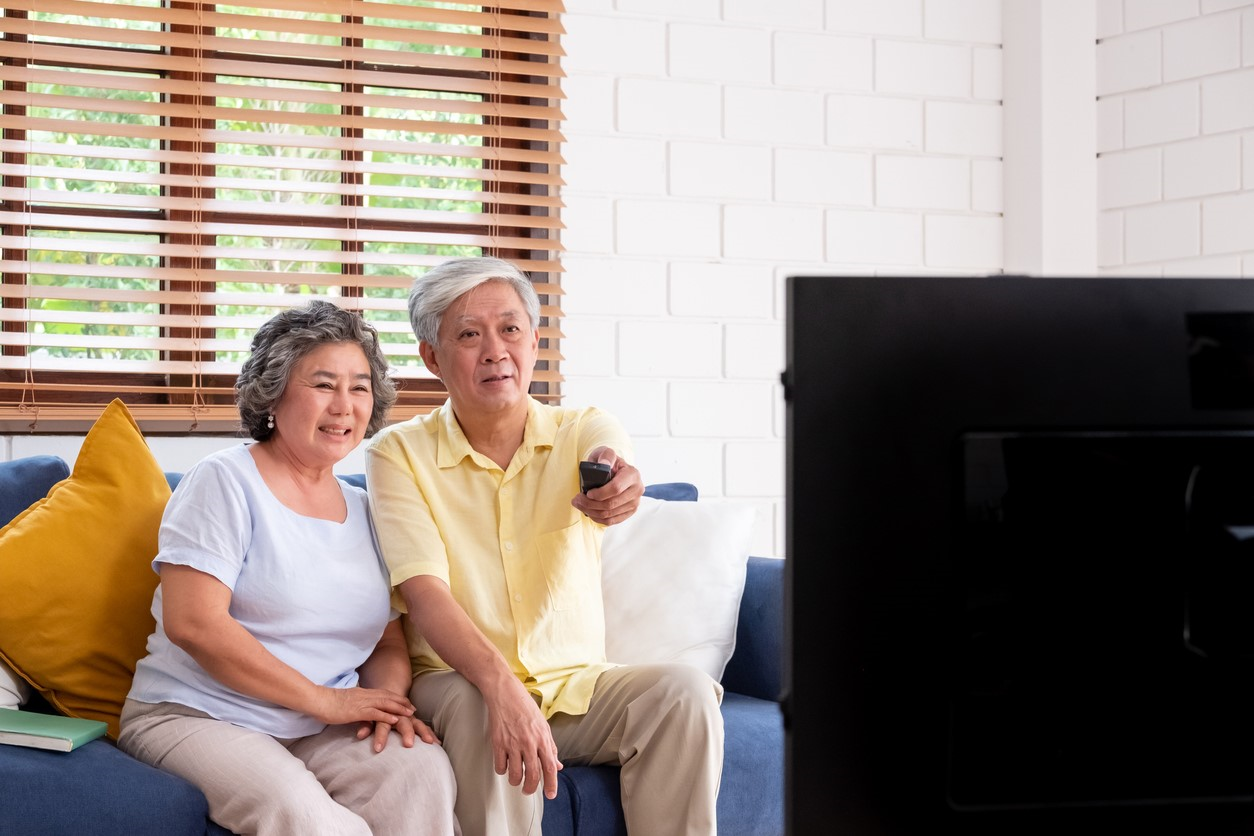Video-based Program Helps Reduce Anxiety
Technology is increasingly being used in many ways to help meet needs for mental health services and support. For example, apps can help track your mood or symptoms and can help connect you to providers or other support. Among the barriers that technology may help overcome are access to care, cost and stigma. Despite increased awareness and acceptance of mental health care, many people are reluctant to seek help.
Researchers in California wanted to look at the potential use of technology to help address some of these barriers for older adults with anxiety. They used a video-based program designed to reduce anxiety and increase activity engagement among older adults with anxiety disorders. The program, Breathing, Relaxation and Education for Anxiety Treatment (BREATHE), is a 4-week video-based program delivered at home.
The study involved 40 adults, 60 years old and older with anxiety disorders, randomly divided into a study group and a control group. The study group participated in a four-week program that teaches relaxation techniques including diaphragmatic breathing and progressive muscle relaxation. Previous studies have found that relaxation is one of the critical aspects of cognitive behavior therapy for anxiety. Progressive muscle relaxation is a deep relaxation technique that has been used for many years. It involves the simple practice of tensing, or tightening, one muscle group at a time followed by a relaxation of the muscles.
 One advantage of the video-based program is the ability to include different voices and perspectives. In addition to educational information, the videos included a series of stories from older adults about how they incorporated the relaxation techniques into their everyday lives to help reduce anxiety.
One advantage of the video-based program is the ability to include different voices and perspectives. In addition to educational information, the videos included a series of stories from older adults about how they incorporated the relaxation techniques into their everyday lives to help reduce anxiety.
In addition to viewing the videos, participants practiced the breathing and relaxation techniques daily. Beginning in week two they were to use the techniques to help them engage in activities, starting with a pleasant or neutral activity and working toward more stressful activities. Participants also received weekly coaching check-in calls to answer any questions, check on progress and provide encouragement.
The researchers found significantly reduced anxiety symptoms as well as reduced depression and somatic (physical) symptoms. The authors also noted there are similarities between the relaxation training in their program and mindfulness-based stress reduction programs.
The researchers concluded that the BREATHE program is an effective low-cost program able to reach older adults, including those without internet access. The program could also be used as one part of a treatment program and could be delivered in different ways, such as via website or mobile app.
References
Gould, CE, et. al. Video-Delivered Relaxation Intervention Reduces Late-Life Anxiety: A Pilot Randomized Controlled Trial. American Journal of Geriatric Psychiatry. 2019 May;27(5):514-525.
